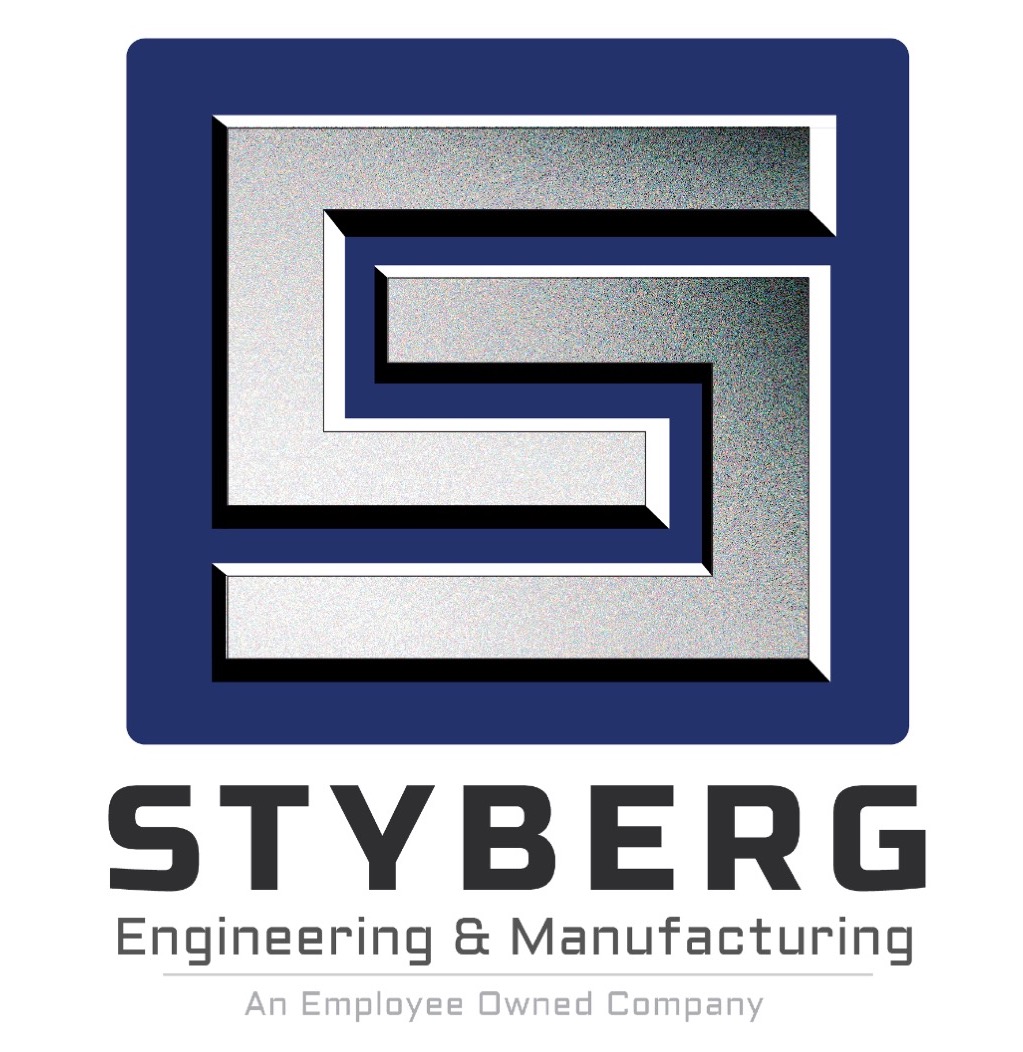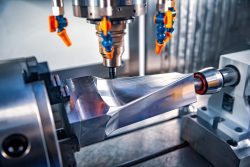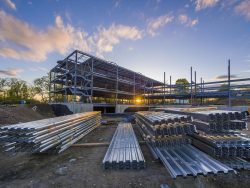A Closer Look At The Emerging Innovations And Trends In The Modern Tulsa Steel Manufacturing
Steel manufacturing has undergone significant advancements in recent years as it embraces innovative technologies and adopting new trends to meet the demands of various industries. Manufacturers in this industry are constantly pushing the boundaries to meet the increasing demands of various sectors. As the demand for high-quality products continues to grow, staying abreast of the current innovations and trends is essential for steel manufacturers to remain competitive. This post explores the latest innovations and trends in modern Tulsa steel manufacturing, highlighting their impact on efficiency, sustainability, and product quality.
Advanced Manufacturing Processes
The modern steel manufacturing industry has witnessed the adoption of advanced manufacturing processes that enhance productivity and precision. One such innovation is computer numerical control (CNC) technology, which enables automated and precise machining of metal components. CNC machines guarantee us greater accuracy, faster production rates, and improved repeatability, ensuring consistent quality in the production. Additionally, additive manufacturing, commonly known as 3D printing, has also found applications in this industry. Tulsa steel stamping takes advantage of this cutting-edge technique and for the creation of complex and customized components, reducing waste and enabling faster prototyping.
Sustainable Practices
In response to growing environmental concerns, the industry has made significant strides in implementing sustainable practices. One notable trend is the adoption of energy-efficient technologies and processes. Our steel fabrication in Tulsa uses energy management systems and optimized furnace designs to minimize energy consumption during the production, which reduce greenhouse gas emissions. Additionally, we are increasingly using recycled materials and implementing closed-loop recycling systems to minimize waste and conserve resources. Our firm prioritizes sustainability to ensure to a greener and more environmentally friendly future.
Digitization and Data Analytics
The digital revolution has made its way into the steel engineering and has led to the implementation of data-driven processes and analytics. We utilize advanced sensors and monitoring systems to collect real-time data on various parameters such as temperature, pressure, and vibration during the production. Our experts analyse this data using sophisticated algorithms and machine learning techniques to optimize process parameters, improve quality control, and predict maintenance needs. We harness the power of data analytics to enhance operational efficiency, minimize downtime, and ensure consistent product quality.
Quality Control and Traceability
We incorporate advanced quality control measures and traceability systems to ensure the quality metal production in the market. Our non-destructive testing methods such as ultrasonic testing, magnetic particle testing, and X-ray inspection help us detect and eliminate any defects or imperfections in the production. Also, our traceability systems use barcode or RFID technology to enable the tracking of manufactured components throughout the production process and supply chain. This commitment ensures product integrity and facilitating quality assurance.
Collaborative Supply Chains
Another notable trend in our production is the establishment of collaborative supply chains. We collaborate with suppliers, customers, and technology partners to streamline our operations, enhance communication, and drive innovation. We foster such strong relationships and share expertise to gain access to the latest technologies and materials, optimize production processes. This collaborative approach enables us to deliver customized solutions that meet specific customer requirements.




